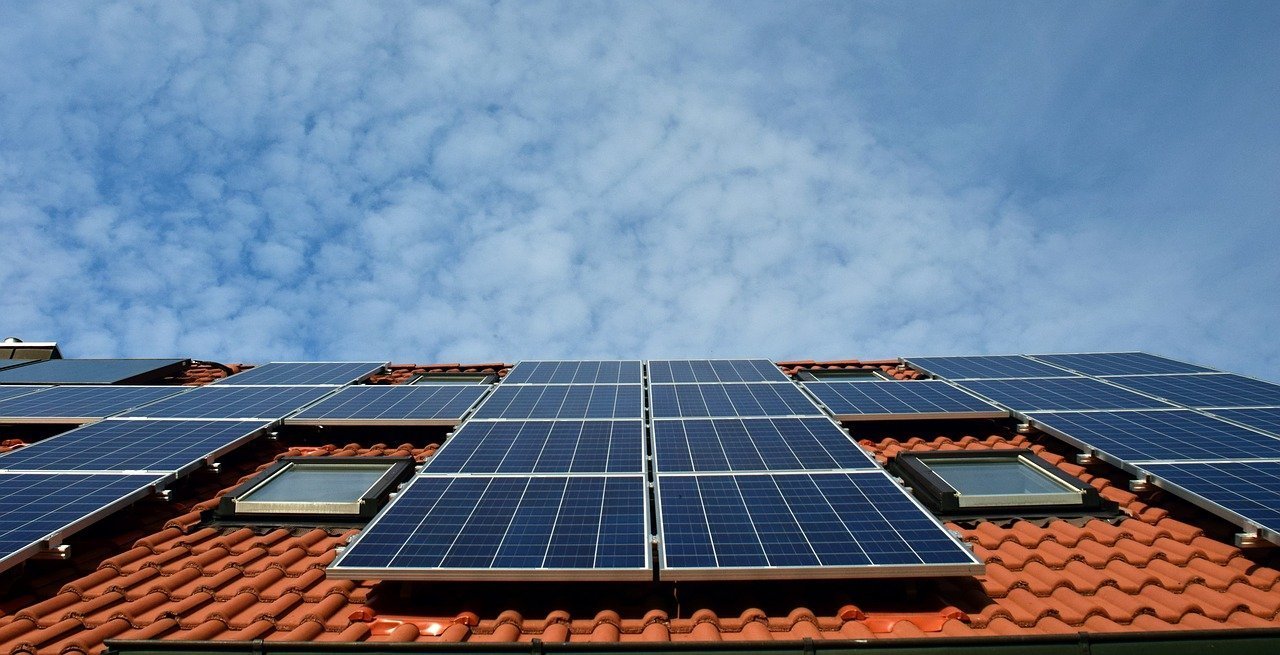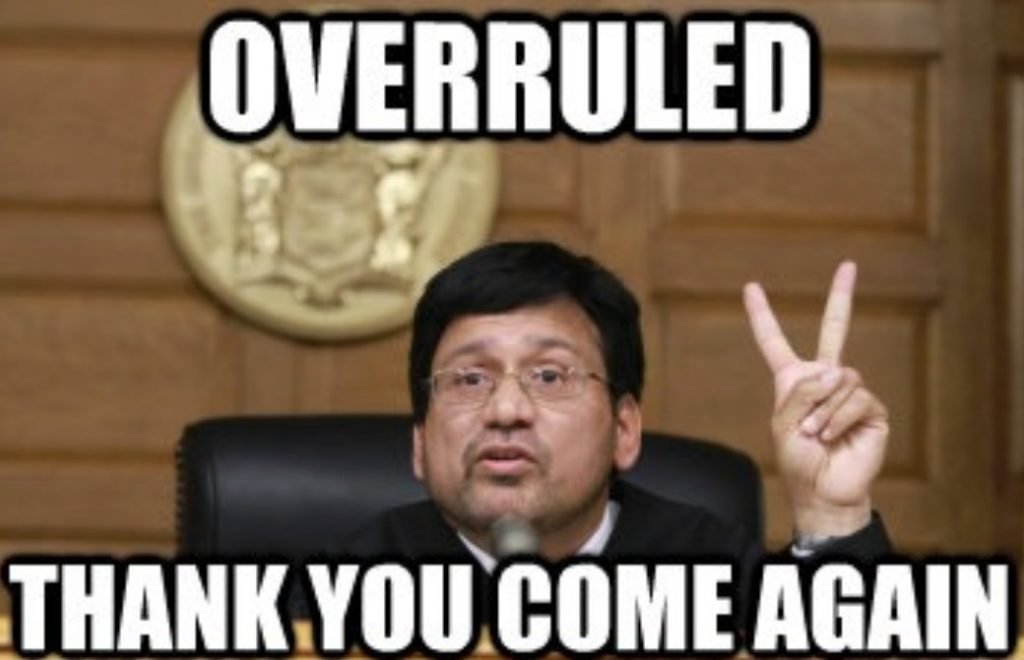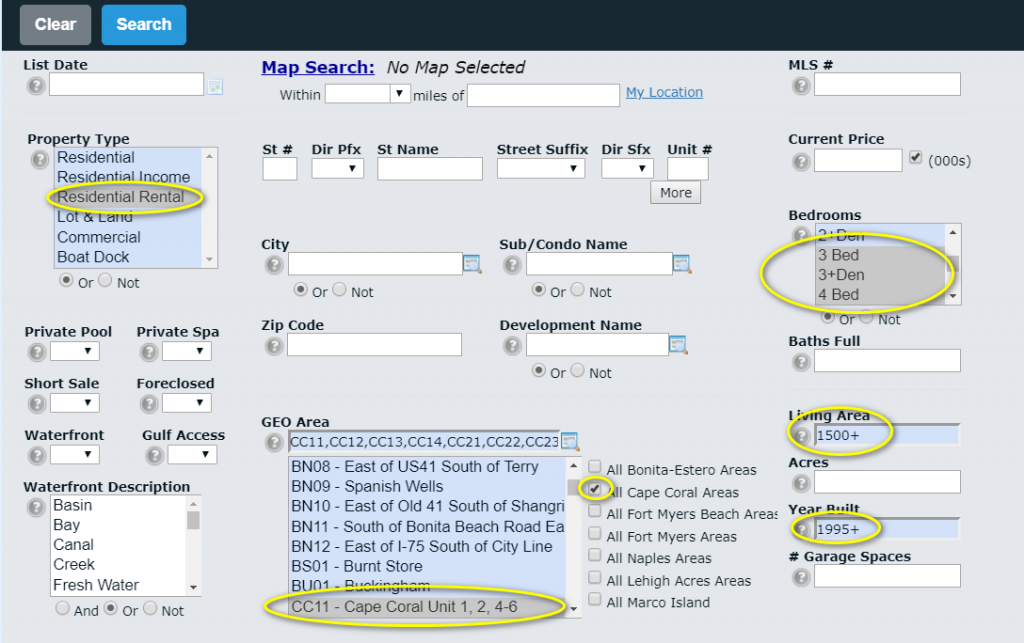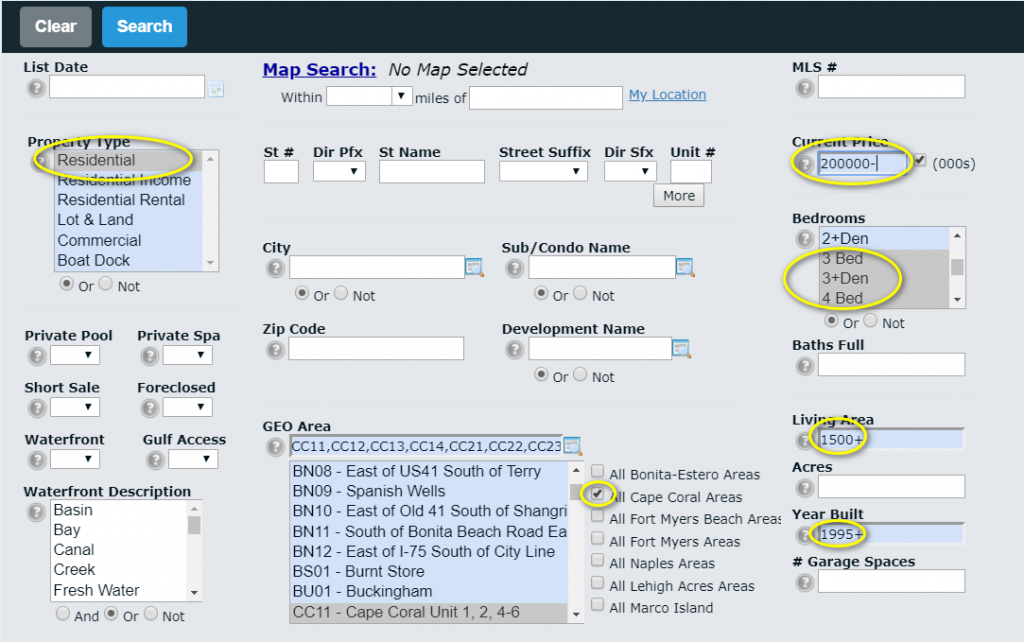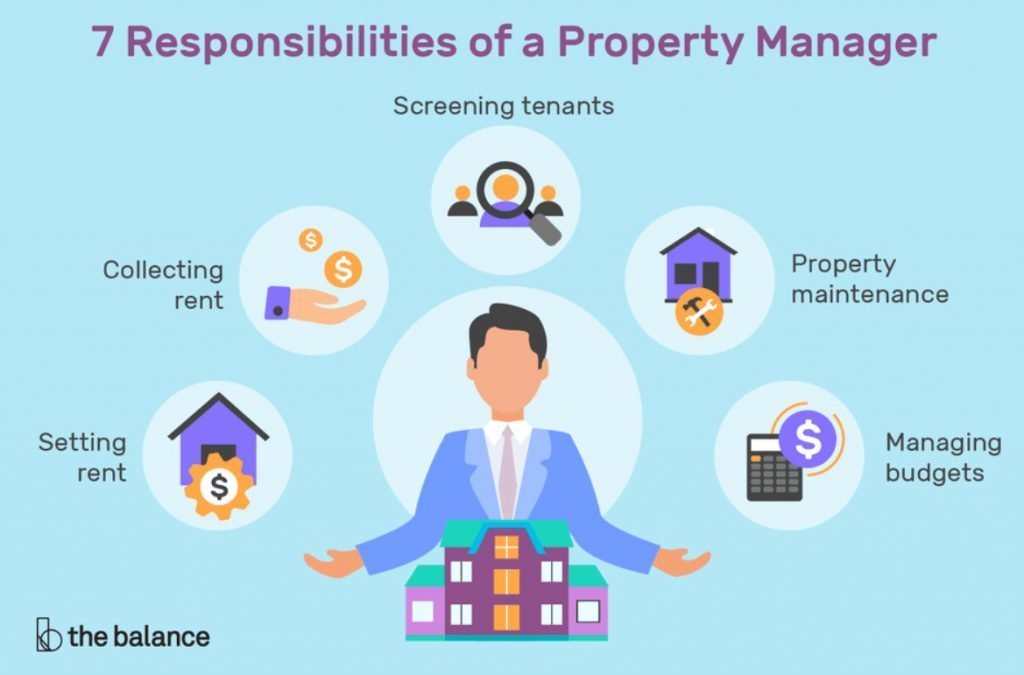Florida… Sunshine State. According to different weather websites Florida has about 260 days of sunshine per year. You would think the “Sunshine State” therefore is the leader when it comes to Solar energy. Well: think again because we aren’t. We are the taillight.

The short version is that it’s probably never going to happen. For sure not in the close future. Why? Lobbyists and the 2 providers won’t let it happen. They are used to their great income because it leads to great pensions and a big influence on their CEO’s.
Maybe I hear a BUT: But there is the model town of Solar energy called Babcock Ranch. Right: let’s talk about this disaster later. First, let’s go back in time a bit cause of a funny story.
I’ve built my home myself in 2005. Born and raised in Germany in an area where solar energy was a matter of course everywhere, it was simply normal I wanted my home to have solar panels and being self-sufficient. I knew with enough solar panels installed on my roof, I would be able to skip my electric bill completely and maybe even make a few bucks when selling power to the grid. The “selling back” part blew up in my face first. My provider simply told me they won’t pay me for any power I send back to the grid. OK: not good, but I was still excited and hoped to get away with a very small electric bill since I would only need power at night.
From friends and customers, I knew their energy bills were between a little below $100 to max. $250 per month depending on the temperatures for a home like mine. So I calculated an average $160 energy bill if going with my regular provider. After I heard I can’t sell anything back to the grid I was hoping to get away with about $50 / month. I didn’t expect what’s coming next:
Remember: This was back in 2005: I phoned around to find a dealer for solar panels. No luck. Everyone who had at least al little knowledge in solar power pointed me to British Petrol – BP in California. As a matter of fact, back then BP was the only company providing solar panels for private homes in the US. So I called and I was shocked to get the following facts:
- BP would be able to provide me with Solar panels
- Sales price: $30.000 – wow!!
- Shipping: Extra – of course
- And: No warranty at all cause they had nobody in our area to install it.
- Installation: About $5.000

My head started spinning: $35.000 for solar panels to maybe save about $110 per month. That comes down to 318 months to break even. That’s more than 26 years!!! No way the system would last this long. Common sense made me drop the idea and hook up to the grid with the only provider in my area. Florida Power and light ( FPL )
Now let’s get back to Babcock Ranch: This is how they advertise the area:
- 343.000 Solar panels located on a 440-acre site
- 74.5 megawatts of quiet, zero-emissions energy, enough to power about 15,000 homes
- Emissions prevention equivalent to removing 12,000 cars from the road every year
- Combined with other FPL solar plants, customers will benefit from millions of dollars in savings due to several factors including system fuel savings
- Generating clean, solar power since 2016
Here’s the link to Babcock Ranch.

343.000 solar panels and they even have battery backup. Great. Does it mean homeowners won’t get an electric bill? NO!! Every homeowner at Babcock Ranch is paying exactly THE SAME price per KW than everyone else. The power goes to the grid and FPL sells it back to the homeowners with no credit at all. Ridiculous. If you point to this fact, they try to explain, that their homes only need about $70 per month for energy, because they are all built “High efficient” I’ll be darned: High efficient homes in Florida. Wow. Shouldn’t’ t it be COMMON SENSE to build all homes in Florida this way? I’m sorry, but under these conditions, I won’t point any homebuyers there because let’s not forget there is one winner in all of this: FPL!
- They got the land free from Babcock
- They even got the government to substitute money to build the solar field
- The panels can run up to 15.000 homes, but right now there are maybe 500 so far. Guess what happens with the exceeding power…… you got the picture!
Babcock Ranch is far off everything and it will take years until this is a city of its own with more amenities. And even then: It’s not worth the extra money homes are going for. This is, of course, my personal opinion.
BUT what about help from the Government?
Right now the Government grants a financial substitute to people willing to install solar panels on their roofs. RIGHT!!! Bit it’s no immediate Credit towards the purchase price but a tax Credit. Does this mean we will see solar panels everywhere soon? Nope!! It still aint going to happen on a big scale. Here are a few simple facts pointing out why:

- The financial substitute will decrease each year.
- The later you decide the lower your tax credit will be. 2022 no more Credit at all
- The price for panels is still incredible high: The estimate for my home in 2019 came back with $32.000
Take a look at the numbers including the tax credit. They are based on the $32.000 purchase price and an estimated taxable income of $100.000:
If installed in 2019:
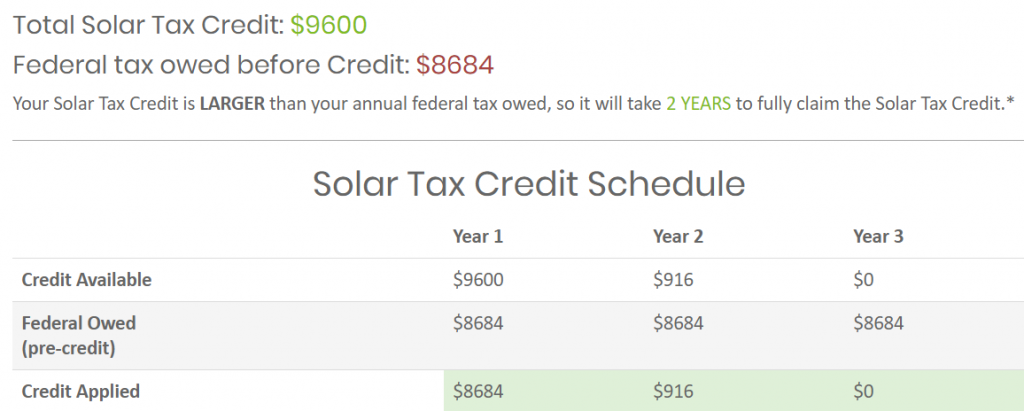
If installed 2020:
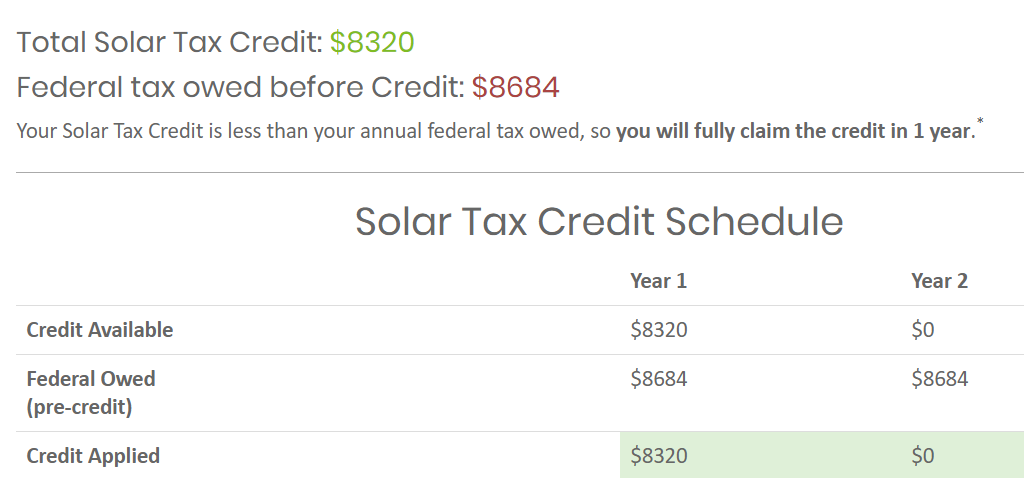
If installed 2021:
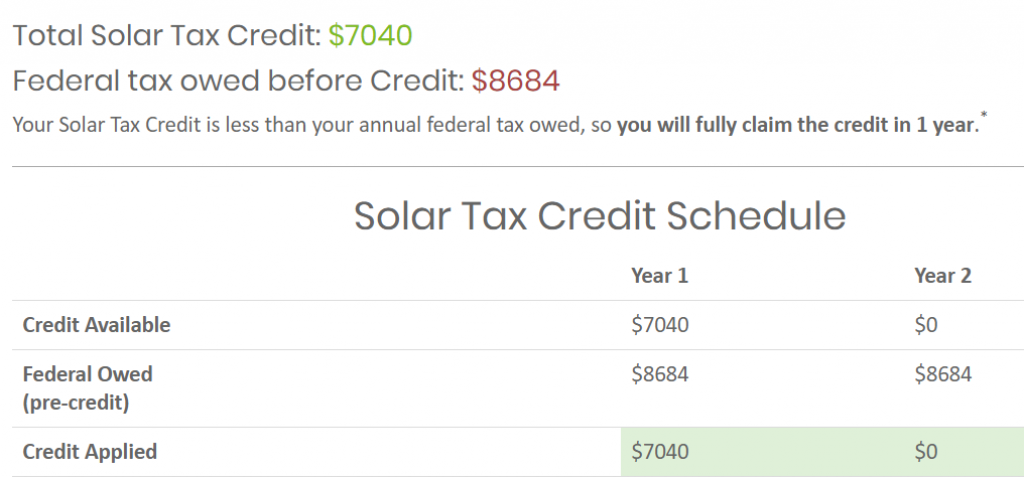
If installed later than 2021:

Let’s do the math:
- Nobody is going to install a system in 2019 anymore. It’s too late in December to do this
- After the tax credit in 2020 the system will cost me $23.680
- This price is without any battery backup system for night use
- Meanwhile, FPL is buying back excess power from private customers at a retail rate of 10,8 Cent / Kwh. Great. Theoretically, you could install a system big enough to earn money during the day so your night usage would be covered. Theoretically. But the power companies allow their customers to install systems meeting up to 115 percent of their current energy needs. More details see here: https://www.energysage.com/net-metering/fpl/
- These 15% won’t cover the usage during the night but it’s at least something. See the chart below what uses the most energy. In our area, the AC during also runs at night. Let’s give some credit and assume we use only 30% of our monthly energy bill at nighttime.
- My overall usage is about 1,500 kW / month.
- 15% ( 225Kw ) I can sell back to FPL for 10,8 Cent / Kw. That’s $24,30 per month.
- Your energy bill is never going down to ZERO, cause there is always some connection fee and government taxes etc.
- Based on the experience at Babcock ranch I heard the overall customer still has a $70 FPL fee. That’s because most homes are highly energy efficient. Let’s assume you build/buy such a home.
- If you now deduct the $24,30 net meeting, the energy bill now goes from $70 down to $45.
- The monthly saving is now about $135
- It would only take 175 months to balance out. That’s still 14.6 years
This is how it is supposed to work:
- Customers installing solar panels should not pay for power at all
- Everyone decides the size and power of the panels themselves
- The power company pays back the excess unlimited – maybe for a lower price
- This would cover the power for the night and the energy bill can be zero.
- Then it would only take a few years
But this will never happen because a few lobbyists won’t allow it.
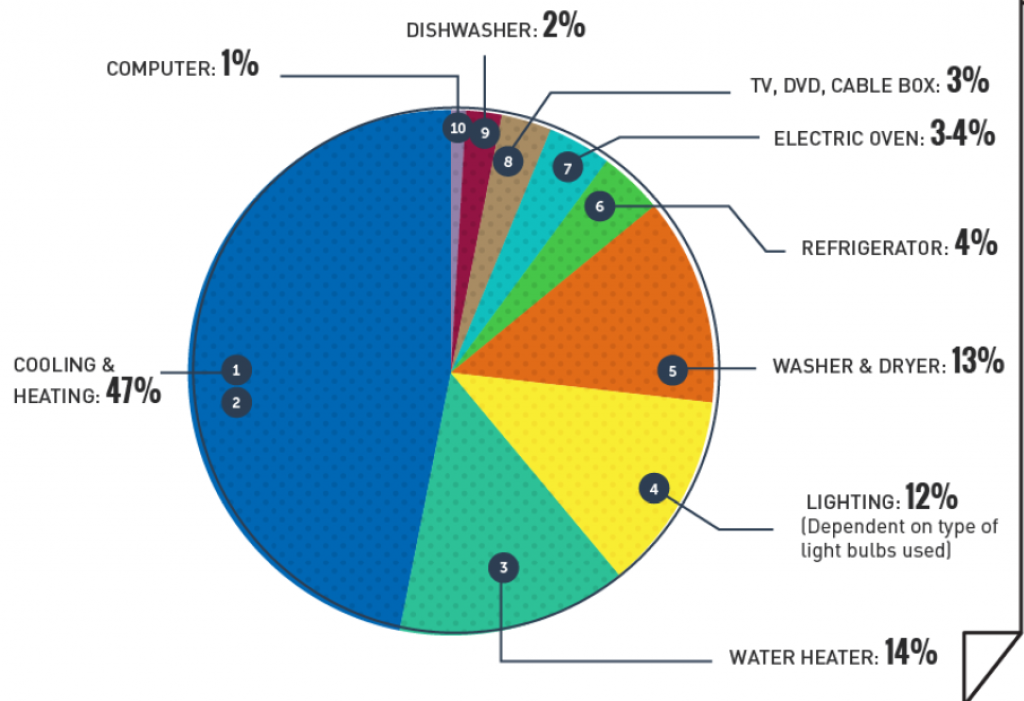
Summary / Conclusion:
This is the Sunshine State. But if you are not a real enthusiast or tree hugger and you do it to save our planet, it’s not going to happen on a big scale. With 10,8 Cent / Kw the financial incentive simply isn’t big enough. Some homeowners here and there and some smaller areas like Babcock aren’t’ going to save the planet. It should be mandatory for new homes in the Sunshine State and all other southern States to install solar panels. For this to happen the Government needs to step in. This would mean they have to step on lobbyist’s toes. Therefore: It’s not going to happen. Pity. We got the technology but as long as money and power are more important than our planet we won’t see it happen.
